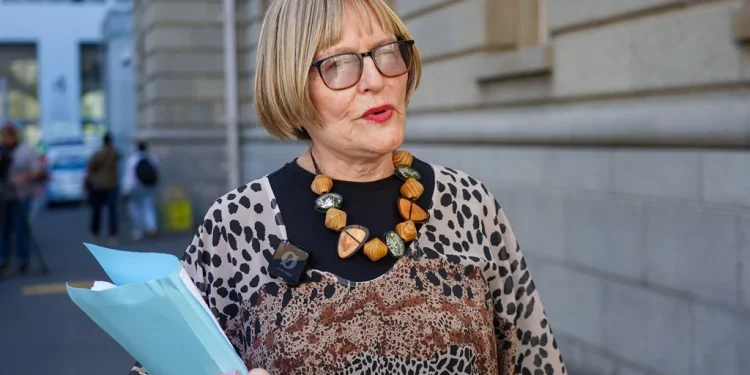DA federal council chairperson Helen Zille has issued a sharp rebuke to President Cyril Ramaphosa, cautioning against any retaliatory removal of DA ministers following the party’s rejection of the 2024/25 fiscal framework in Parliament.
The warning comes amid escalating tensions in South Africa’s Government of National Unity (GNU), with the DA’s budget opposition exposing growing fissures in the coalition. Zille framed the DA’s parliamentary vote as a principled stand against what the party views as unsustainable fiscal policies, including rising debt levels and failure to reform bloated state institutions.
“Coalition governance requires tolerating dissent, not purging dissenters,” Zille told journalists in Cape Town. “If ministers are dismissed for upholding their party’s mandate, it would reveal this GNU as an ANC dictatorship in disguise.”
The budget confrontation has laid bare the GNU’s underlying power struggles, with multiple coalition partners complaining of being marginalized in decision-making. Sources reveal the DA had submitted extensive proposed amendments to curb spending on underperforming SOEs and reduce bureaucratic waste, but saw most proposals ignored in the final framework.
Political analysts warn the standoff could become a defining test for South Africa’s unprecedented coalition experiment. “Ramaphosa faces competing pressures – ANC hardliners demanding loyalty, while coalition partners expect meaningful power-sharing,” said political analyst Ralph Mathekga. “How he navigates this will determine whether the GNU survives or collapses into ANC majority rule.”
The presidency has remained silent on potential cabinet changes, but Treasury insiders note that market stability depends on maintaining credible economic leadership. Any purge of DA finance ministers could spook investors already nervous about South Africa’s R4 trillion debt burden.
As pressure mounts, the GNU’s future appears increasingly contingent on whether Ramaphosa interprets coalition governance as collaborative stewardship or ANC primacy. With opposition parties signaling they won’t be rubber stamps, South Africa’s political landscape may be entering its most volatile phase since the GNU’s formation.






















